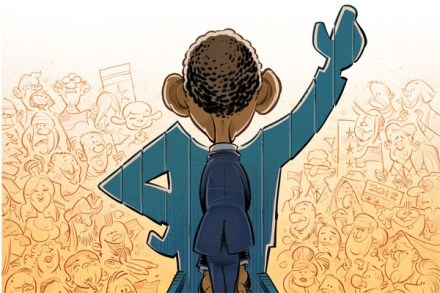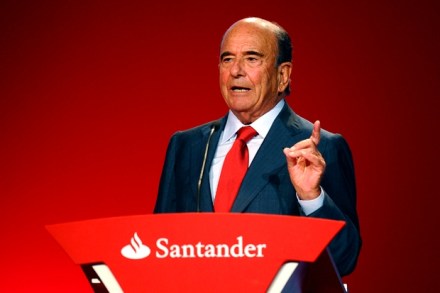A critic’s guide to theatre bars
Head upstairs. That’s my tip for thirsty play-goers during the interval. Most West End theatres are sunken affairs built in scooped-out craters, and this quirk of their design places the stalls 20 feet beneath the earth’s crust (hence the belly-rumble of Tube trains that wakens sleepy-heads during Twelfth Night or The Winter’s Tale). So the stalls bar is invariably a cramped dungeon with flock wallpaper and a ventilation system that pipes fresh air in from the Gents. Up a flight or two, you’ll find lightness, space and perhaps a view. But it seems that bunkers are now the first option of theatre architects. The Old Vic’s basement bar has been



















